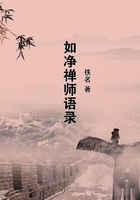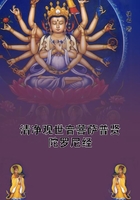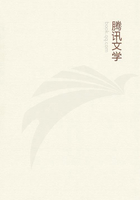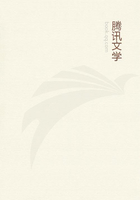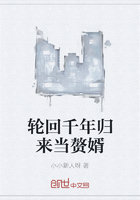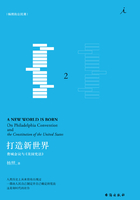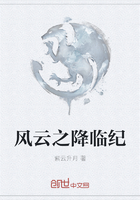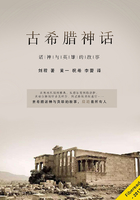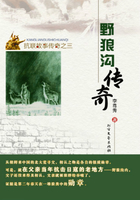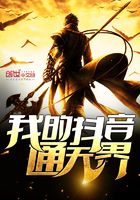The people of Spain, therefore, so far as they could show their feeling, were prejudiced against Columbus and those who surrounded him. They heard with incredulity the accounts of Cuba which he gave, and were quite indifferent to the geographical theories by which he wanted to prove that it was a part of Asia.
He believed that the rich mines, which he had really found in Hispaniola, were the same as those of Ophir. But after five years of waiting, the Spanish public cared but little for such conjectures.
As he arrived in Cadiz, he found three vessels, under Nino, about to sail with supplies. These were much needed, for the relief of the preceding year, sent out in four vessels, had been lost by shipwreck. Columbus was able to add a letter of his own to the governor of Isabella, begging him to conform to the wishes expressed by the king and queen in the dispatches taken by Nino.
He recommended diligence in exploring the new mines, and that a seaport should be founded in their neighborhood. At the same time he received a gracious letter from the king and queen, congratulating him on his return, and asking him to court as soon as he should recover from his fatigue.
Columbus was encouraged by the tone of this letter. He had chosen to act as if he were in disgrace, and dressed himself in humble garb, as if he were a Franciscan monk, wearing his beard as the brethren of those orders do. Perhaps this was in fulfillment of one of those vows which, as we know, he frequently made in periods of despondency.
He went to Burgos, where Ferdinand and Isabella were residing, and on the way made such a display of treasure as he had done on the celebrated march to Barcelona. Canabao, the fierce cacique of Hispaniola, had died on the voyage, but his brother and nephew still lived, and he took them to the king and queen, glittering on state occasions with golden ornaments. One chain of gold which the brother wore, is said to have been worth more than three thousand dollars of our time. In the procession Columbus carried various masks and other images, made by the Indians in fantastic shapes, which attracted the curiosity which in all nations surrounds the idols of a foreign creed.
The sovereigns received him cordially. No reference was made to the complaints of the adventurers who had returned. However the sovereigns may have been impressed by these, they were still confident in Columbus and in his merits, and do not seem to have wished to receive the partial accounts of his accusers. On his part, he pressed the importance of a new expedition, in order that they might annex to their dominions the eastern part of Asia. He wanted for this purpose eight ships. He was willing to leave two in the island of Hispaniola, and he hoped that he might have six for a voyage of discovery. The sovereigns assented readily to his proposal, and at the time probably intended to carry out his wishes.
But Spain had something else to do than to annex Asia or to discover America; and the fulfillment of the promises made so cordially in 1496, was destined to await the exigencies of European war and diplomacy. In fact, he did not sail upon the third expedition for nearly two years after his arrival in Cadiz.
In the autumn of 1496, an order was given for a sum amounting to nearly a hundred thousand dollars of our time, for the equipment of the promised squadron. At the same time Columbus was relieved from the necessity by which he was bound in his original contract, to furnish at least one-eighth of the money necessary in any of these expeditions. This burden was becoming too heavy for him to bear. It was agreed, however, that in the event of any profit resulting to the crown, he should be entitled to one-eighth of it for three ensuing years. This concession must be considered as an evidence that he was still in favor. At the end of three years both parties were to fall back upon the original contract.
But these noble promises, which must have been so encouraging to him, could not be fulfilled, as it proved. For the exigencies of war, the particular money which was to be advanced to Columbus was used for the repair of a fortress upon the frontier. Instead of this, Columbus was to receive his money from the gold brought by Nino on his return. Alas, it proved that a report that he had returned with so much gold, meant that he had Indian prisoners, from the sale of whom he expected to realize this money. And poor Columbus was virtually consigned to building and fitting out his ship from the result of a slave-trade, which was condemned by Isabella, and which he knew was wretchedly unprofitable.
A difficulty almost equally great resulted from the unpopularity of the expedition. People did not volunteer eagerly, as they had done, the minds of men being poisoned by the reports of emigrants, who had gone out in high hope, and had returned disappointed. It even became necessary to commute the sentences of criminals who had been sentenced to banishment, so that they might be transported into the new settlements, where they were to work without pay. Even these expedients did not much hasten the progress of the expedition.
Fonseca, the steady enemy of Columbus, was placed in command again at this time. The queen was overwhelmed with affliction by the death of Prince Juan; and it seemed to Columbus and his friends that every petty difficulty was placed in the way of preparation. When at length six vessels were fitted for sea, it was only after the wear and tear of constant opposition from officials in command; and the expedition, as it proved, was not what Columbus had hoped for, for his purposes.
On the thirtieth of May, however, in 1498, he was able to sail.
As this was the period when the Catholic church celebrates the mystery of the Trinity, he determined and promised that the first land which he discovered should receive that sacred name. He was well convinced of the existence of a continent farther south than the islands among which he had cruised, and intended to strike that continent, as in fact he did, in the outset of his voyage.


